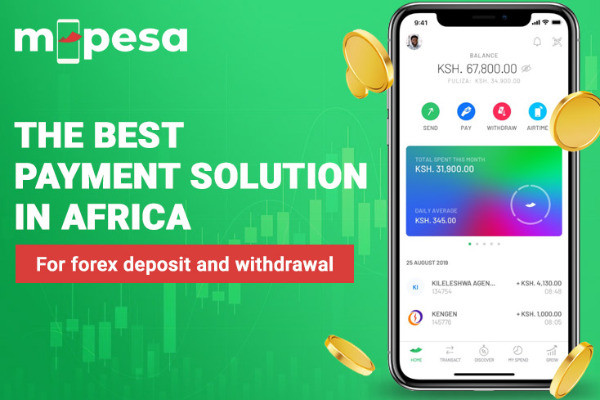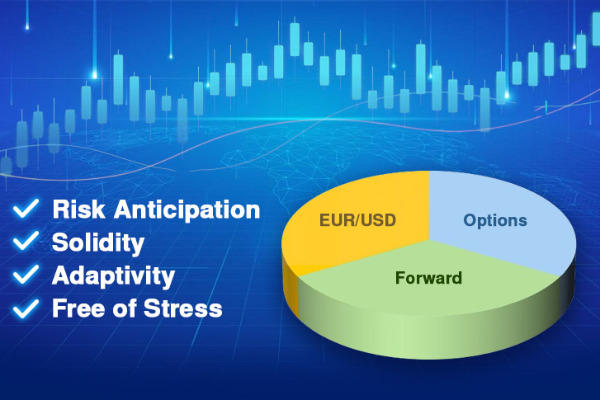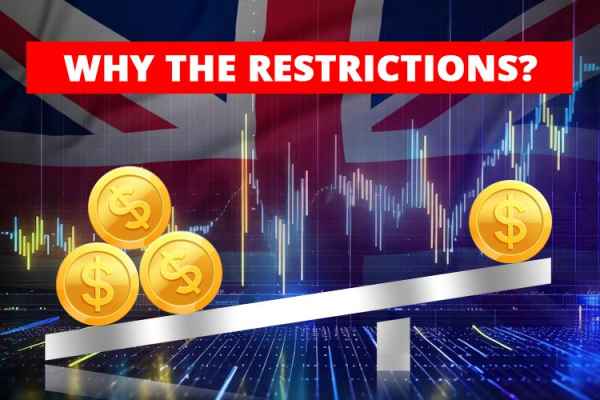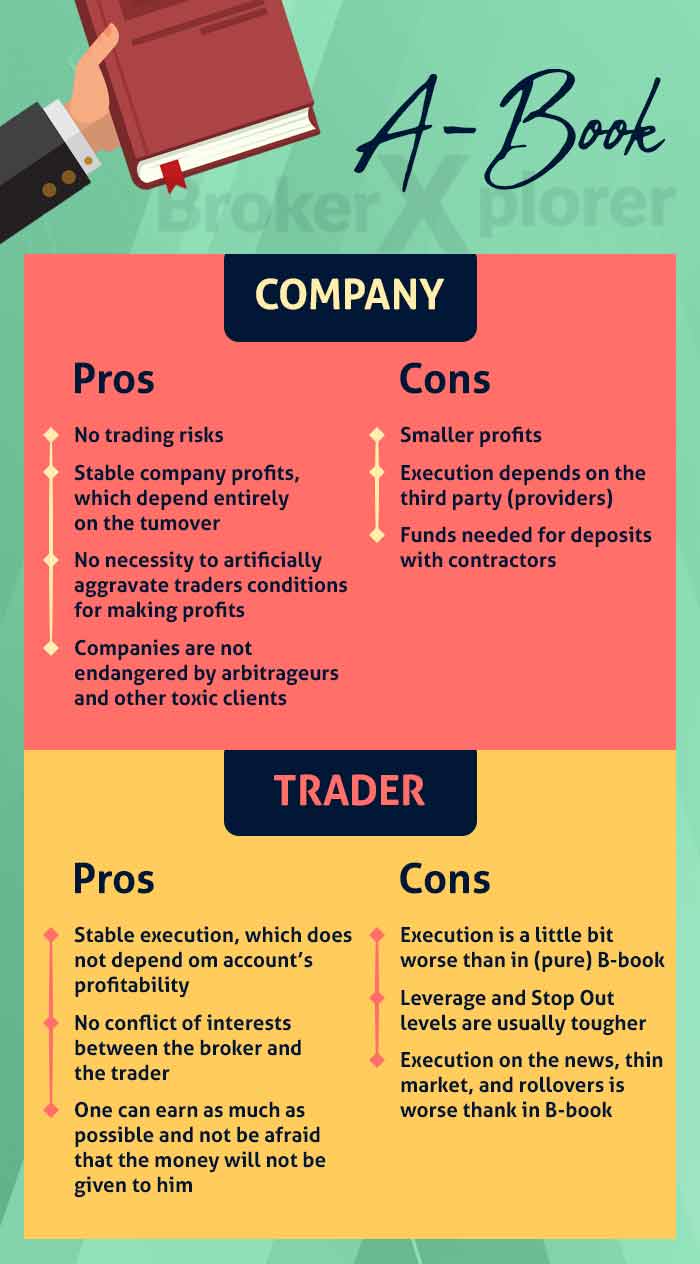Brokers can send a warning email or letter to the traders that violate their rules. What are the common mistakes that traders do and are those accusations always correct?
The forex market has a relatively low barrier to join in, making it easier to attract new traders. With only a personal computer or mobile phone, a stable internet connection, and a few hundred dollars, you can already register with a broker and start trading. Typically, choosing a broker is a crucial step that concerns the traders before they start trading. Choosing the wrong broker can bring you many problematic issues in your trading experience, like withdrawal difficulties, false promises, and high trading costs.
However, in forex trading, picking a broker is not the only thing that you should think about. After finding the right broker and opening an account, now it is also essential to learn how to be a good trader. If you ask a more experienced trader, they would most likely say that it is common for brokers to send a warning email to their traders for violating some rules. The contents can range from "the failure of withdrawal due to insufficient funds" to "canceled profit due to certain rules violations".

Most of the time, those warnings are related to the violations that forex traders do accidentally because they don't know if such rules existed in the first place. But even so, such incidents can lead you to loss or even a conflict with the broker, even though these mistakes are actually relatively easy to avoid. Any trader can make these mistakes regardless of their expertise, so it is always safer to learn early and avoid the snowball effect that might happen. Therefore, in this article, we will outline the three types of forex brokers' commonly violated rules and ways to overcome them.
1. Processing a Withdrawal Despite Having a Floating Position
Typically, traders assume that they can withdraw anytime they want as long as there is a sufficient fund in their account. So, in other words, the broker must allow them to withdraw and process their request immediately. Since withdrawal is one of the commonly known criteria to check if the broker's legit or not, many traders got unreasonably suspicious when their withdrawal requests are denied.
However, traders are often unaware that even a legit broker can reject the withdrawal request if they have an ongoing trading position (floating position). The reason is related to the forex market dynamics that can affect the balance in their account. It is possible that from that trade, their funds can decrease due to unexpected price movements and become insufficient to withdraw. Other than that, many brokers forbid the traders to withdraw while having a floating position because the free margin can drop drastically after a withdrawal, making them more vulnerable to Margin Call (MC).
That is why, to avoid getting your withdrawal request rejected, make sure that you have a sufficient balance in your account before you withdraw and there are no floating positions. Also, double-check the submission form for small mistakes that are easy to miss, like typos, because it can be fatal and your withdrawal process even more.
2. Frequently Changing the IP Address
Internet Protocol (IP) is the "address" for your computer or gadget that shows your location and where to send an email or other data. You can set the IP address of your computer as fixed or changeable. Many said that you could make your IP address unchangeable, but generally, you can change it even though you're using the same ISP.
Usually, this is not a big problem. But from forex brokers' perspective, some traders might seem suspicious because they use different IPs in almost every trade. As a result, the broker will send a warning email or letter and potentially reject the suspected traders' withdrawal requests.
What needs to be noted is that most brokers allow their traders to change their IPs in normal circumstances. However, certain situations can make them ban such practices. For example, traders cannot use different IP addresses during a forex trading contest or when they join a bonus program.
In such cases, traders who want to participate in the event must use the same IP address. To overcome this issue, it would be wise if you read the terms and conditions of the contest or the promotional program you want to participate in. Better to confirm it with your broker's customer support if the rules are unclear.
3. Arbitrage Trading
In forex trading, the term arbitrage refers to a trading technique that takes advantage of the difference in the quoted prices between two or more forex brokers. This technique is often said to be controversial because it has the potential to harm brokers, so most brokers prohibit the use of arbitrage even though they support almost all trading methods. However, in some cases, brokers accuse the trader of arbitrage even though they do not practice it. How so?
In this case, any trader should note that technically, brokers will never know if their traders use arbitrage unless they use certain trading tools that can be detected by the broker, or simultaneously trading in several brokers that happen to have the same liquidity provider. This is why most of the arbitrage allegations that have been leveled against traders are weak and unfounded.
Therefore, if you receive an email from your broker accusing you of arbitrage practices (but you didn't actually do it) and the broker immediately cut your profits for this reason, then you can assume that the broker is acting suspiciously or trying to scam you. Such a problem would lead to non-refundable losses. The best thing that you can do is move to a better broker.
The Bottom Line
Forex trading is an excellent opportunity to gain massive profits and invest your money in the long term. Still, it's easy to make mistakes in the forex market, especially for beginners. Besides choosing a legit broker and making sure that the broker's suitable for your trading preferences, you should also pay attention to the broker's rules. This is crucial because small mistakes such as trying to withdraw while still having a floating position or changing your IP address during a trading contest can potentially lead to canceled profits, withdrawal rejections, or even blacklisting by the broker. Therefore, try to avoid these mistakes by carefully understanding each term and condition in your forex broker and be wise with every step you take.

 Dedicated FREE FOREX VPS
Dedicated FREE FOREX VPS Free FOREX Virtual Private Server
Free FOREX Virtual Private Server MT4 Demo Contest, Get $500
MT4 Demo Contest, Get $500 Sign Up for an Account, Claim 60% Deposit Bonus
Sign Up for an Account, Claim 60% Deposit Bonus Free MT4/MT5 VPS 2024
Free MT4/MT5 VPS 2024 Send E-mail and Get Free Merchandise
Send E-mail and Get Free Merchandise $1K Refer a Friend Bonus for Pepperstone Pro clients
$1K Refer a Friend Bonus for Pepperstone Pro clients Maximize Your Earnings with 100% Deposit bonus
Maximize Your Earnings with 100% Deposit bonus Trade to Win, $5,000 Monthly Demo Contest
Trade to Win, $5,000 Monthly Demo Contest Claim 30% + 15% Deposit Bonus from LiteFinance
Claim 30% + 15% Deposit Bonus from LiteFinance









5 Comments
Anita
Jan 2 2023
Dominic
Jan 2 2023
Gaara
Jan 2 2023
Anita
Jan 2 2023
Gaara
Jan 2 2023
- VPS speed : lattency of 1 milisecond to and from Pepperstone server and they allow traders to order a customized VPS via its partner NYCS (New York City Server)
- Minimum lot : 0.01
- Pairs can be trade 60+
- Leverage 1:500
- Trading platform : MT4, MT5, TradingView and cTrader
OANDA- VPS speed uptime 99.9% , with 2 VPS partner
- Minimum lot 0.01
- Pairs can be trade 70+
- Leverage 1:500
- Trading Platform : MT4, NinjaTrader, and TradingView
For full review of Pepperstone, you can click here , for the OANDA you can click here . Also if you want to compare directly, just click the broker Menu above the website and find the submenu compare.